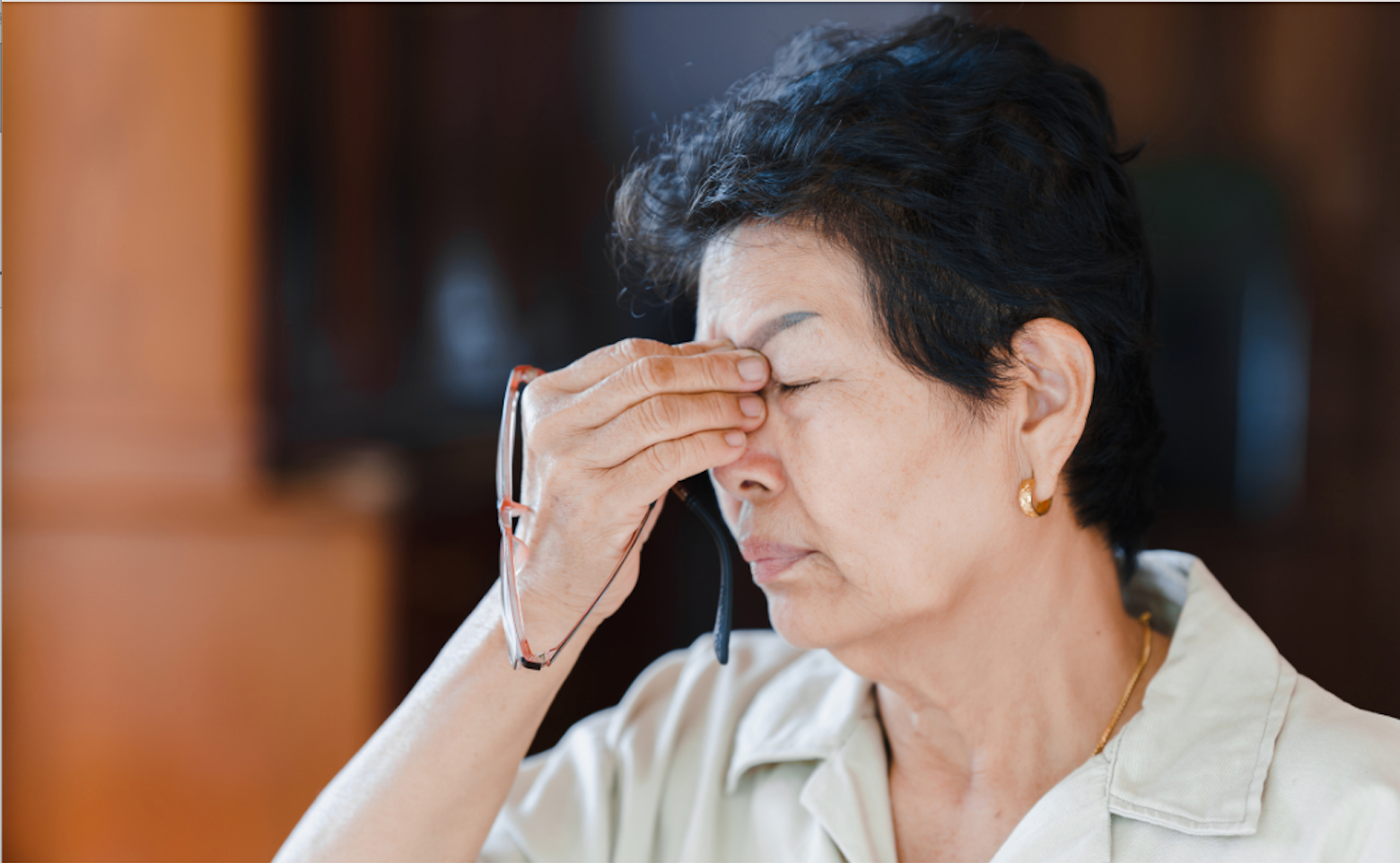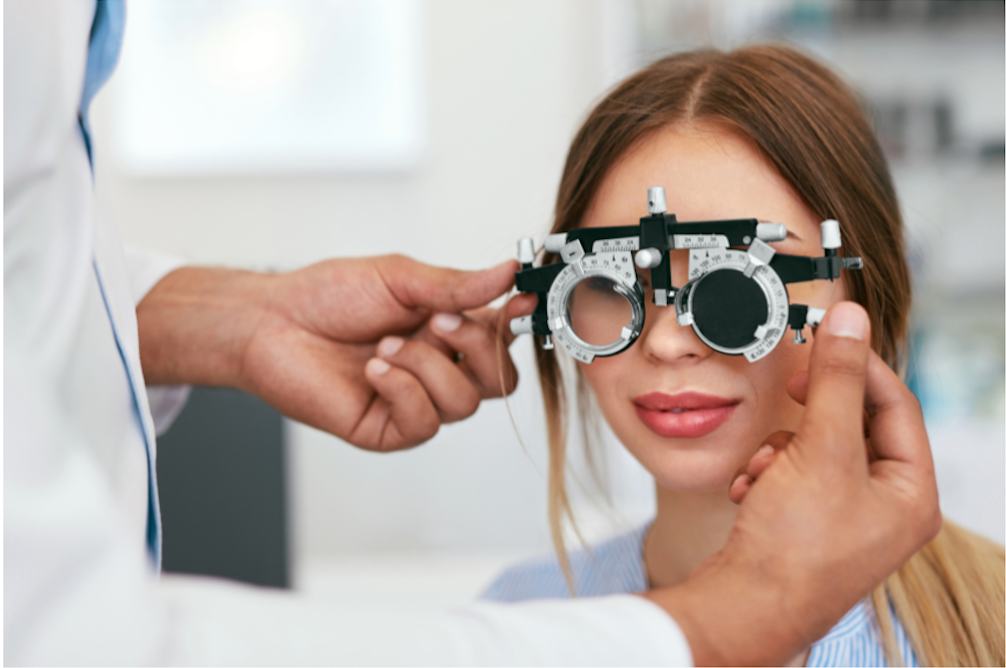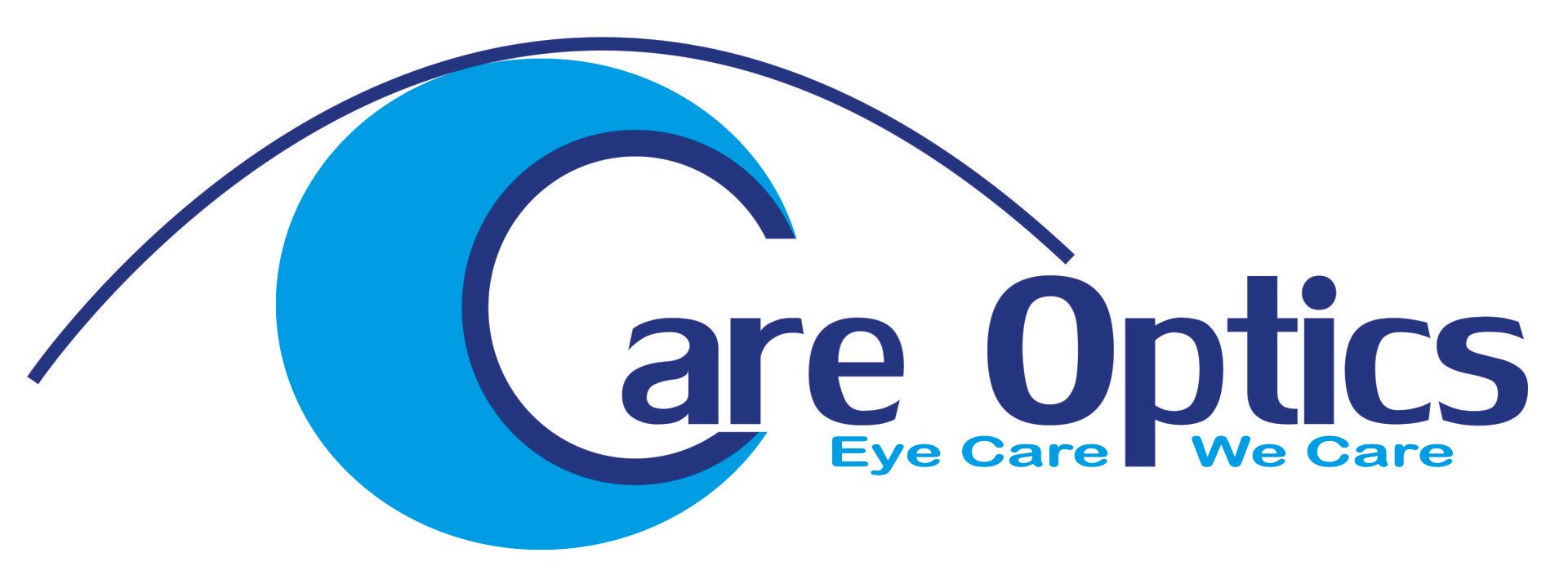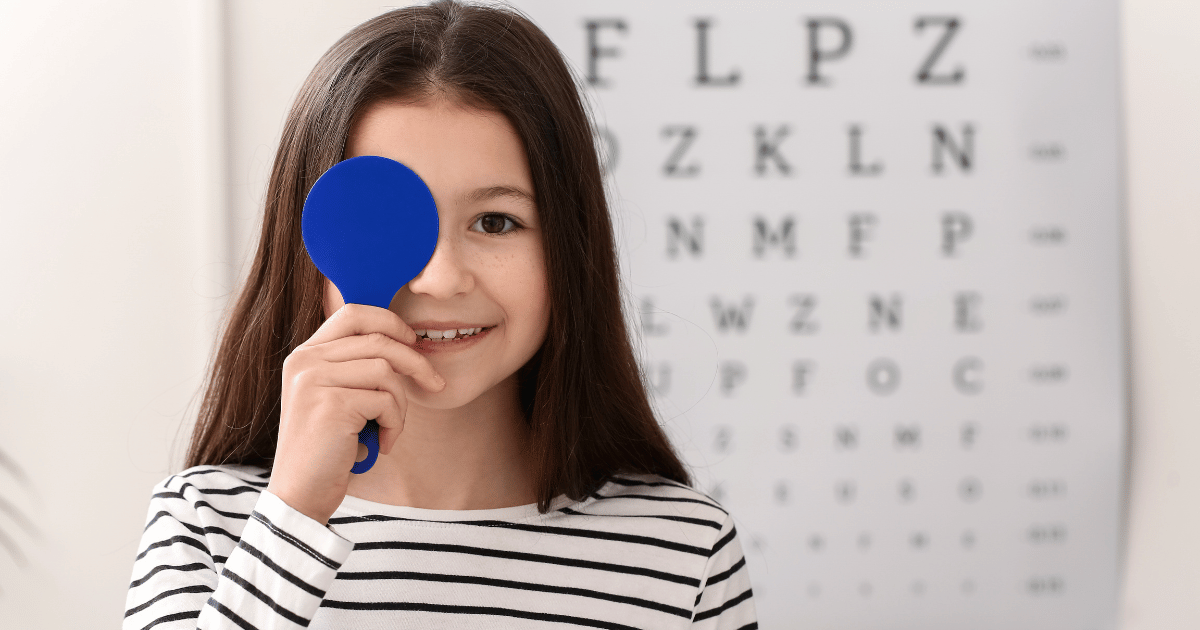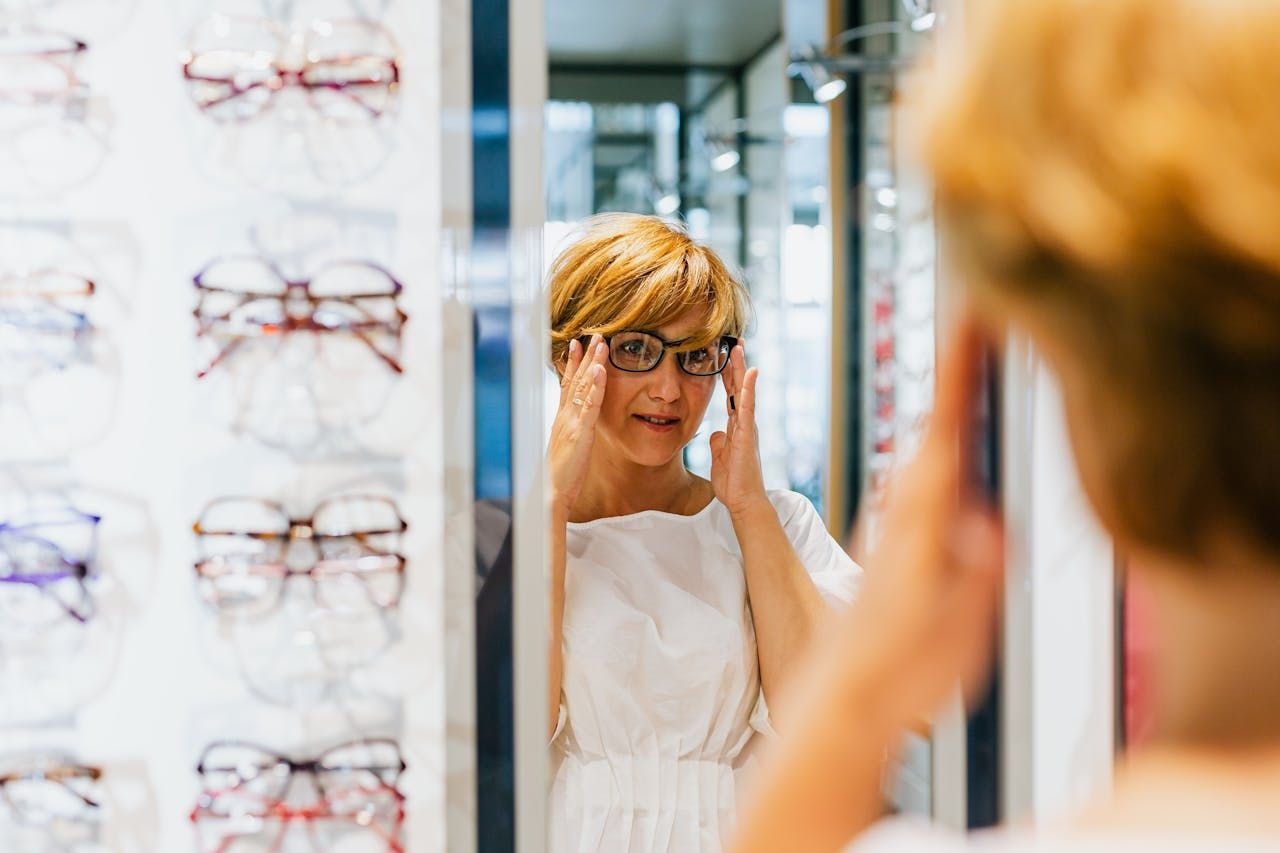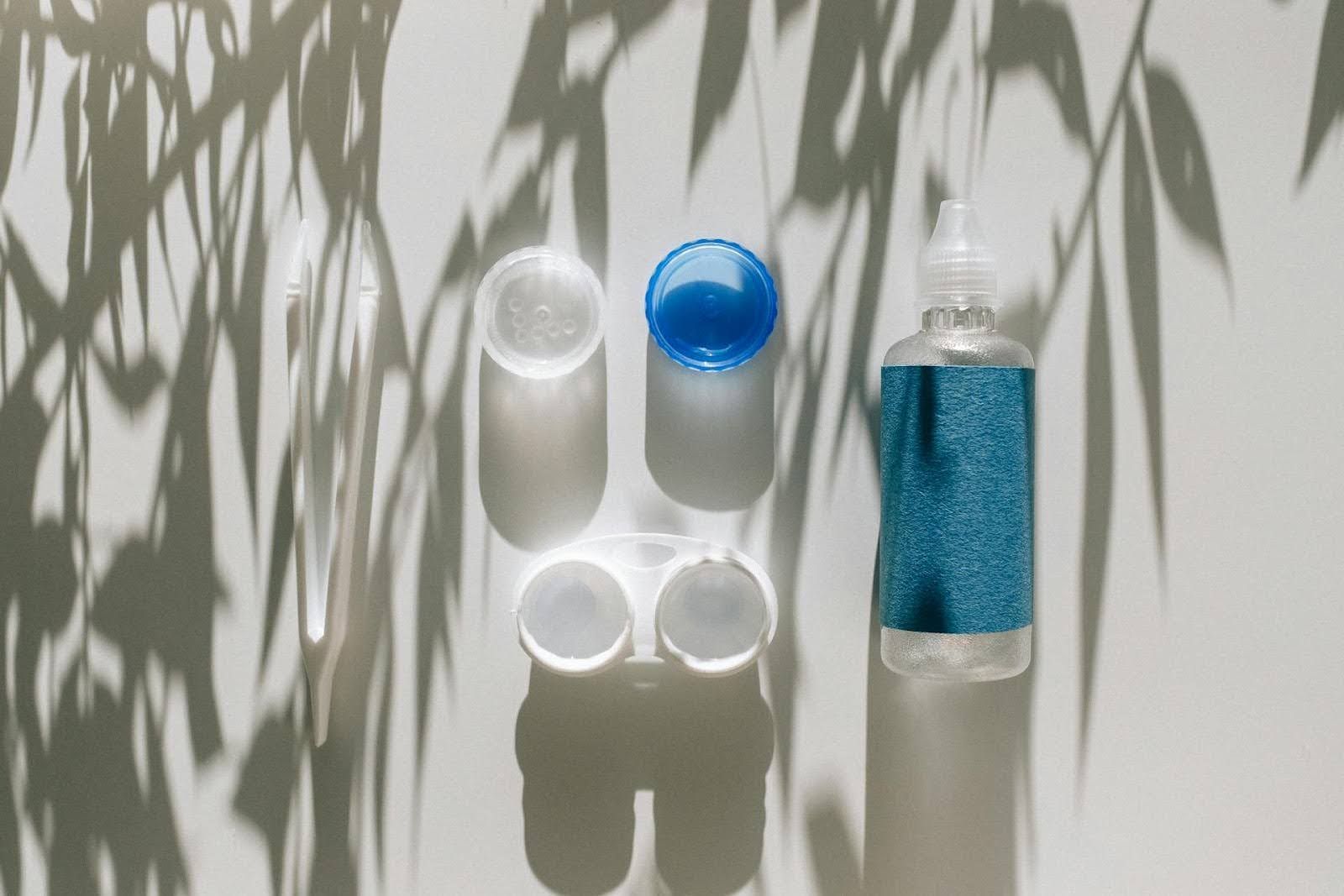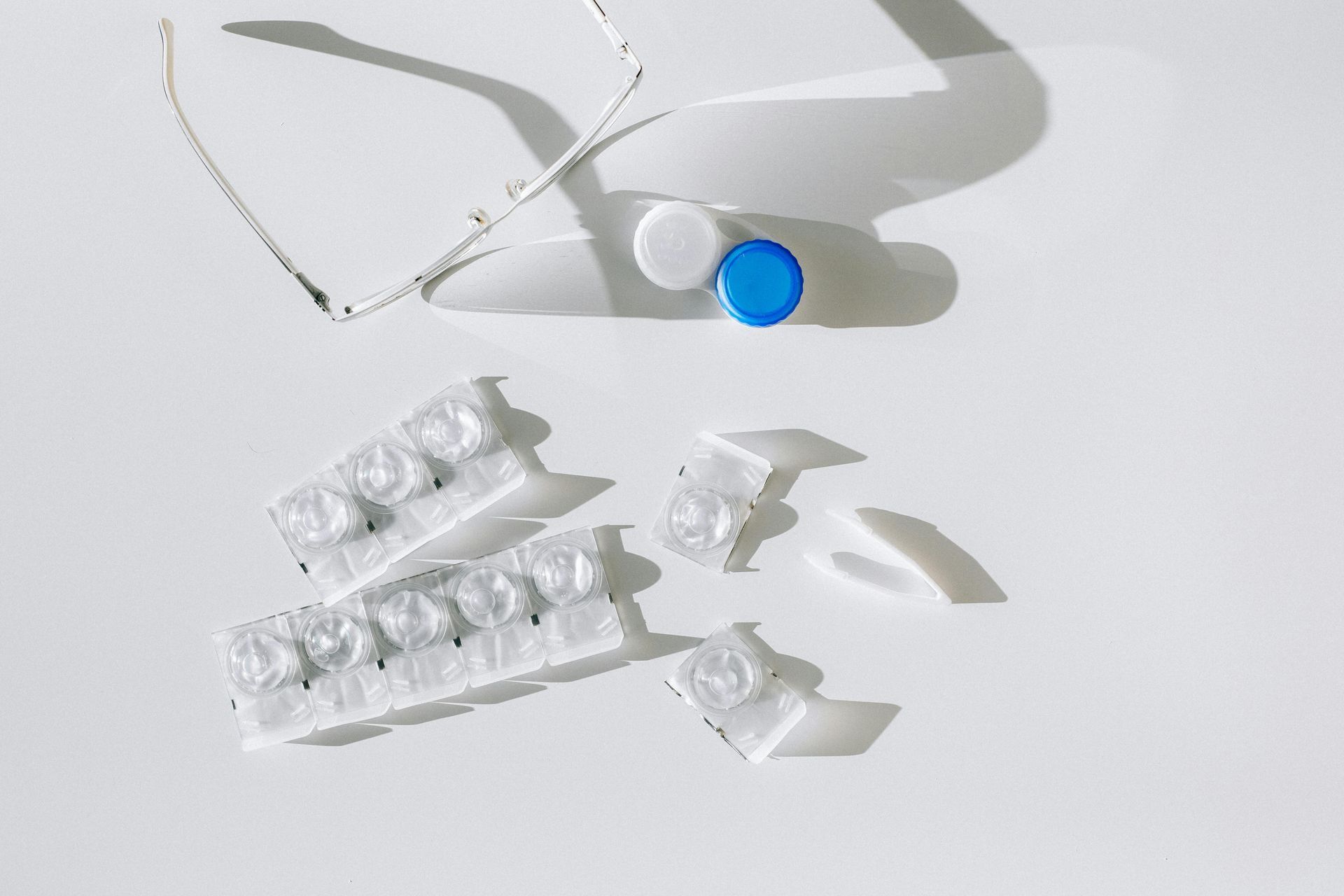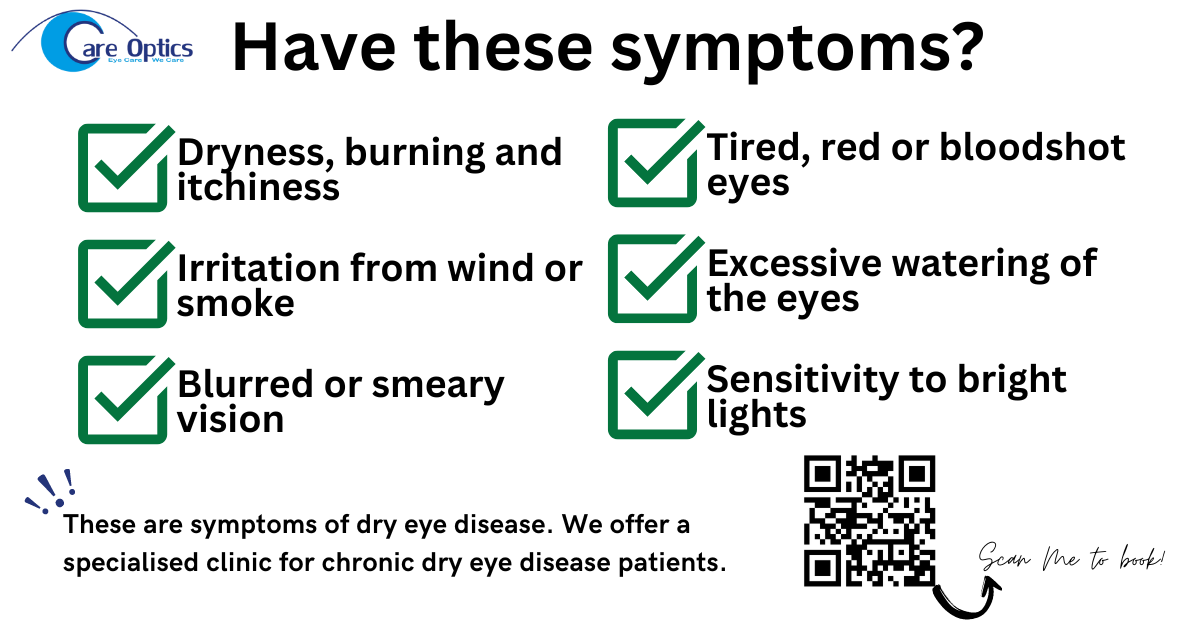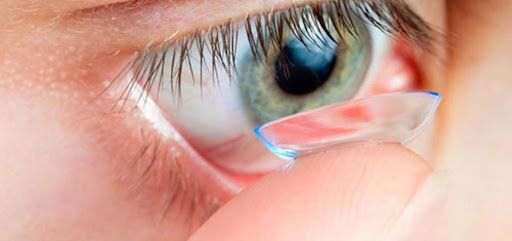National Eye Health Week
- By Monica Coelho
- •
- 10 Jan, 2023
- •
A Helpful Guide for Screen Users
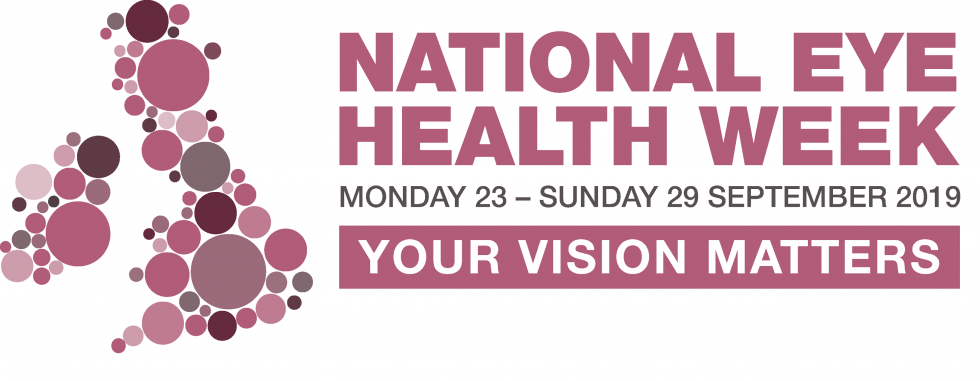
This week we are celebrating National Eye
Health Week and as a result of that we want to give our patients/followers some
tips on how to use screen time. Long periods of screen time with no breaks can
really do some damage. The harmful blue light present in devices can be
damaging for our eye health and bring serious complications along the
way.
So what can you do to minimize visual distress?
1. Use your glasses: If glasses were prescribed during your visit to the
Optician and advised to be used on screen time, you should definitely listen to
them. By wearing your glasses, your eyes will not struggle to see properly and
will feel less stress;
2. Get Anti Reflection Coating: The anti-reflection coating protects our
eyes from the damaging blue light and also reflects the glare from all
artificial lights. This makes your vision look sharper as there is no glare
staying on the lenses;
3. Make sure to take frequent breaks: Use the rule of 20-20-20 -
Look away from your device every 20 minutes for 20 seconds on something
20 feet away. This will help your eyes to rest from continues concentration on
the device you are looking at;
4. Customise you screen settings: Make sure the light is not to bright
as that will tire your eyes quicker. The monitor should be at an arm length
away and should be positioned at eye level. Always select a font size of 12pts
or above, anything that feels comfortable at that distance so you don't feel
your eyes trying to squint to see better;
5. Keep blinking: Even if we don't notice, our blink rate can fall by
60% when we are concentrating on monitors. Shutting your eyes for a few seconds
and rolling your eyeballs around with them still closed can give you some
instant refresh;
6. Stay hydrated! Dehydration can increase symptoms of screen fatigue,
so make sure to always have your water handy;
7. Regular Eye Examinations - Last but not least, make sure to follow
the recall for your eye tests according to your opticians. Anyone >16 years
old should have their eyes tested every 2 years, unless your Optician advises
you otherwise.
So if you are having any trouble with your vision, if you
are due for an eye examination or if you never had one before, why not contact
us and get that booked? Our team would be delighted to see you. You can find
our contacts below:
Dagenham
dagenham@careoptics.co.uk
0208 592 6060
Woodford
woodford@careoptics.co.uk
0203 551 6075
Remember - At Care Optics - Eye Care, We Care
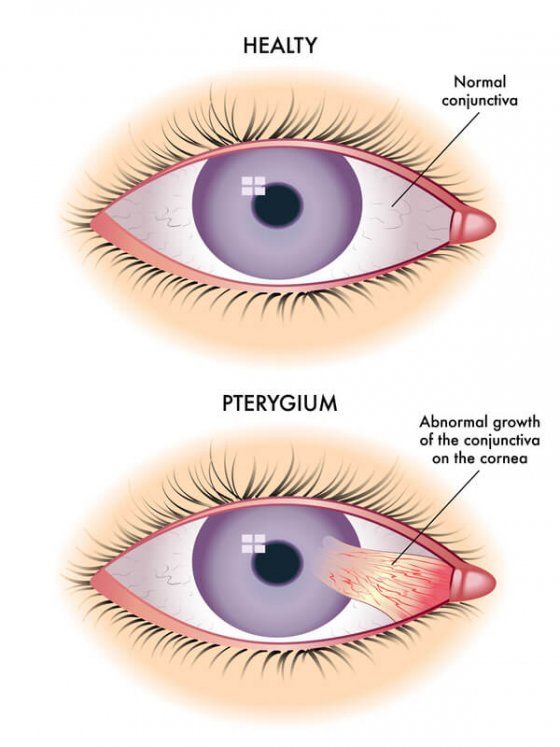
Causes
As written above, UV exposure seems to be one of the main reasons for Pterygium development, but wind and dust can also cause it as this leads to Dry Eye Disease, which by consequence will lead to this condition. Genetics may also play an important part, as some people seem to be more at risk than others.
Signs & Symptoms
Pterygium usually appears on the side of your eye that is closest to the nose, but it can also appear on the other sometimes. It is common to have it in one eye only, although sometimes it may appear on both eyes.
There are people who don't experience any symptoms or require treatment in the beginning, but as the growth develops, there can be redness, gritty, itchy or burning sensation, the eyes can become irritated and even swollen.
When the Pterygium starts to invade the cornea, it distorts the shape of the front of the eye, causing the curve of the cornea to change, leading then to refractive errors (Astigmatism in most cases).
Treatment
The treatment depends on the size of the Pterygium itself. If it's just a small growth, your Optometrist/Ophthalmologist can advise the patient on lubricants (eye drops or gels) to temporary reduce symptoms like redness, swelling, itchy or gritty felling.
If the Pterygium is more advanced, the only option is then surgery.
How to avoid it
As previously said, UV radiation and exposure seems to be one of the main reason leading to Pterygium. For that you have the perfect solution that is available for everyone - sunglasses . A good pair of sunglasses will filter the UV rays, giving you a sharper vision but also protecting you from conditions like Pterygium, Cataracts, Glaucoma, etc. Make sure to buy your sunglasses from a Optician instead of a shop non-related to eye care. A good pair of sunglasses should have UVA, UVB and UVC protection, and usually those shops will only have one of those protections - or even none.
We remind you that if you have any of these symptoms or any other, if you need to book an appointment or if you have any queries, please contact us over phone or email. We will be very happy to help you.
Keep in mind: At Care Optics - Eye Care, We Care
